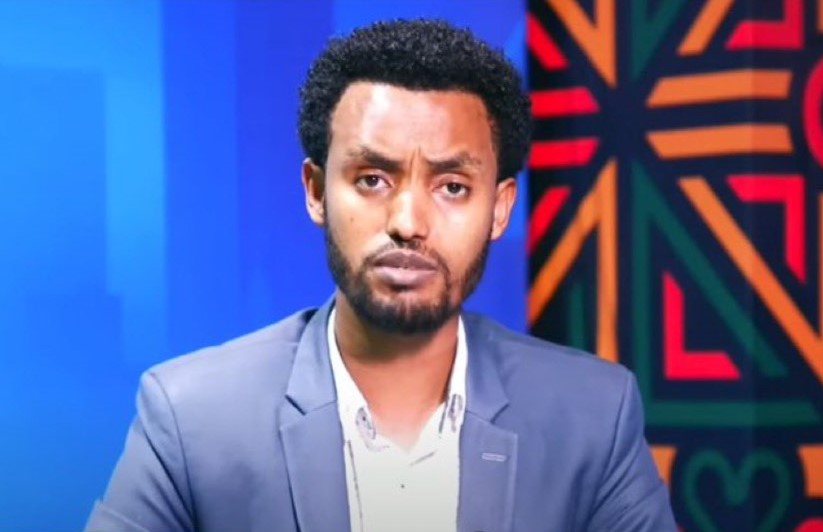BY TESFA-ALEM TEKLE
In late October, just few days before a peace deal was being reached to end a two-year bloody war in Ethiopia’s Tigray region, soldiers from neighboring Eritrea massacred more than 300 villagers over the course of a week, witnesses and relatives of victims told The Washington Post.
The witnesses and relatives of victims said that on October 25, 2022, during the week before the November 2 peace deal, Eritrean forces, allied with Ethiopian government troops, began massacring people in at least 10 villages east of the town of Adwa.
They went house to house and the killing went on for a week.
The Eritrean soldiers had been angered by a recent battlefield defeat and took their revenge against civilians, witnesses said, further providing accounts horrifying even by the standards of a conflict defined by mass killings of civilians.
These reported massacres have not previously been reported outside of Tigray, hence the survivors had to wait to share their stories until the Eritrean troops withdraw from Tigray, in fear of reprisals from the foreign forces.
The massacres were described in interviews with 22 relatives of the dead, including 15 who witnessed the killings or their immediate aftermath.
They spoke on the condition of anonymity for fear of reprisals.
The survivors are only now willing to talk: As long as Eritrean troops remained close by, villagers were cowed into silence.
Once the soldiers finally pulled back in late January from much of Tigray, witnesses and relatives began to give accounts.
The dead include children, elderly priests, and entire families.
Among those killed were a nursing mother who was shot dead in front of her young sons. Family members beaten back as they clung to fathers and sons being taken to their deaths.
A toddler was also killed with his 7-year-old brother and their mother. Elderly priests shot in their homes.
Others include a 92-year-old Gebremariam Niguse, his son, two daughters, a son-in-law, a daughter-in-law, and a 15-year-old granddaughter, Niguse’s family said.
Eritrean troops entered their village, Mariam Shewito, after Tigrayan forces left the area.
Survivors said at least 140 people were killed in Mariam Shewito over the course of three days, with the soldiers going from house to house shooting people and looting items.
Residents of the village of Mariam Shewito who had fled the violence said they returned from the bush to find the doors of their homes swinging open, the floors inside black with blood and the air heavy with the stench of death.
Others searched for brothers and husbands among half-eaten corpses on a mountain where scores were executed and left to wild animals.
Satellite images first provided by Planet Labs and reviewed by The Washington Post show that at least 67 structures in the area, mostly in household compounds, were severely damaged during the time that witnesses said the killings happened. Additional imagery provided to The Post by Maxar Technologies shows military vehicles matching witness descriptions of Eritrean vehicles, less than three miles from where the massacres took place.
One of the women who spoke with the Post said she was willing to talk about the loss of seven of her relatives in a massacre because “we want the world to hear what happened. We want people to know what happened to our families.”
The agreement between the Ethiopian government and Tigray People’s Liberation Front (TPLF) brought about a cease fire in a two-year war that had made northern Ethiopia one of the deadliest places in the world.
But the deal did not address the status of Eritrean troops and avoided some of the other thorniest issues, including who might investigate reports of multiple war crimes like the most recent one near Adwa and how perpetrators could be brought to justice.
The U.N. International Commission of Human Rights Experts on Ethiopia has repeatedly documented and condemned atrocities carried out by all sides to the conflict.
In January, the Ethiopian government asked the United States to support its bid to terminate the commission.
Addis Ababa has opposed the investigation from the outset, calling it “politically motivated” and aimed to block international funding.
Ethiopia’s proposed motion has not yet been formally submitted to the 47-member rights council, which began meeting from February 27, 2023, until April 4, 2023.
This week diplomats said Ethiopia was courting support for a motion to cut short a UN-mandated inquiry into atrocities in the Tigray war, a move that could divide African and Western nations.
Diplomats familiar with the matter said there were ongoing efforts to dissuade Addis Ababa.
(The East African Daily)


